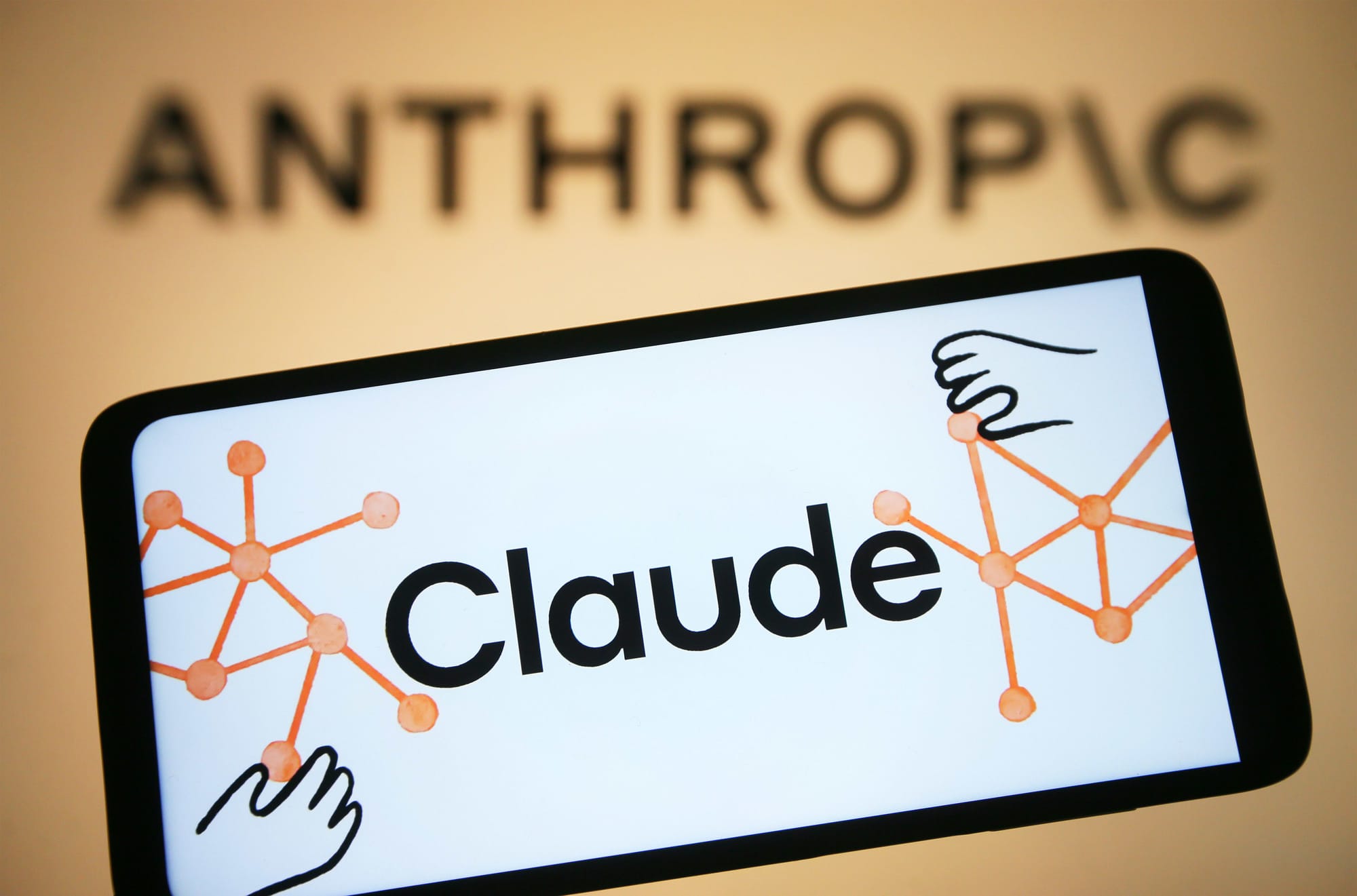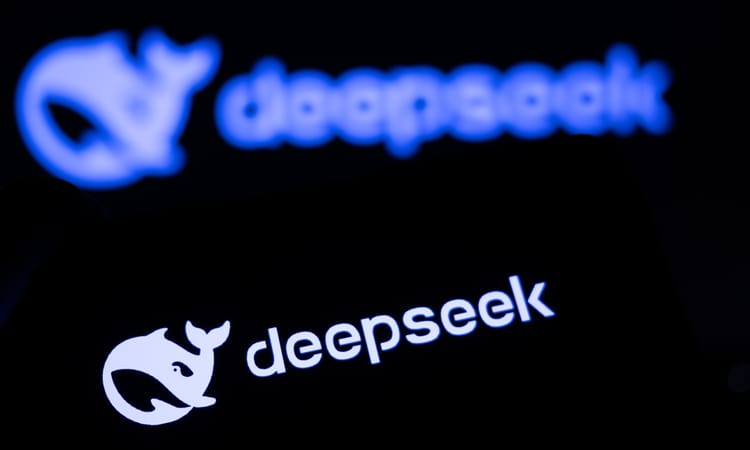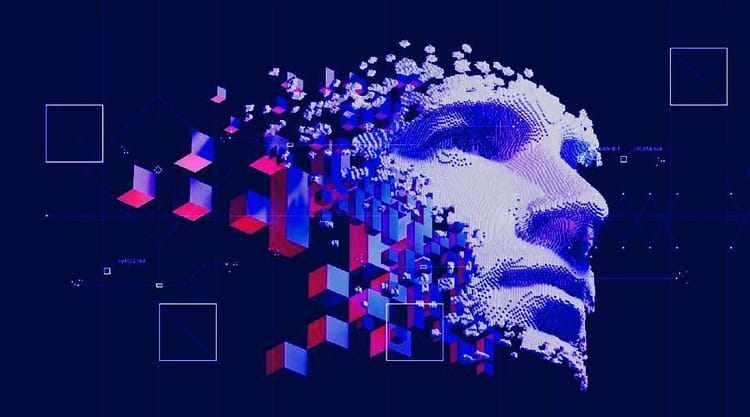AI Roundup: 5 Popular Generative AI Chatbots to Know this 2024

The launch of ChatGPT helped introduce generative AI chatbots to the general public. Since its launch in November 2022, several new tools, rules, and additional technology have become available, pushing the technology to greater heights. Today, various industries benefit from generative AI chatbots, improving workflows and efficiencies in diverse industries such as health, manufacturing, education, and entertainment. And as this industry continues to grow and expand its use cases, new chatbots are being developed, offering better features and capabilities.
Generative AI is currently changing our world, particularly in the way we work. While the technology for generative AI isn't new, its popularity and public adoption exploded with the introduction of OpenAI's ChatGPT. Based on the large language models, this chatbot allows users to search and customize their conversations towards desired style, format, level of detail, and even language. And what's even more interesting is that ChatGPT's functionalities can work at various industries and levels, benefitting both companies and the individual users.
As the niche continues to grow, a few exciting and innovative chatbots have been introduced in the market which share some similarities and a few differences. In this blog, we'll highlight the five popular generative AI chatbots that stand out in the market for their features and innovation.
ChatGPT
ChatGPT isn't the first generative AI tool that was released in the market, but it's the one that surely made an impact. The chatbot is a sibling model to InstructGPT which is trained to follow an instruction in a prompt and deliver detailed responses. OpenAI has trained the chatbot to interact with its users in a conversational manner. Also, the use of the dialogue format makes it easier for the chatbot to respond to additional questions, challenge incorrect premises, or even reject inappropriate mistakes.
As a product of the large language models, ChatGPT have plenty of use cases. Companies across different industries are using ChatGPT to improve workflows, and individual users have been using to streamline their tasks. For example, you can use ChatGPT for educational purposes, like writing poems, short stories, or complete your full-length term papers.
Also, ChatGPT is now popular in the entertainment industry, which can be used to draft programs and movie scripts. ChatGPT is free to use, but there's also a pay-to-use version called the ChatGPT Enterprise. The ChatGPT Enterprise offers improved security and privacy, unlimited higher-speed searches, and other enhanced features.
Today, ChatGPT's reach and use cases continue to expand. At this year's Apple's Worldwide Developer Conference 2024, the company announced the integration of ChatGPT into its product lines including the iOS, iPad OS, and macOS, allowing Apple users to access ChatGPT. This integration means that a user can access ChatGPT's capabilities like document and image understanding right in their devices. Apple has also announced that Siri can tap into ChatGPT's intelligence. Users are asked before questions are sent to ChatGPT, then Siri delivers the answers.
Also, ChatGPT will be integrated in the company's Writing Tools, allowing users to generate any type of content. Finally, it's now easier to generate images in a wide range of styles that complement the writing thanks to the announced integration.
Google Gemini (formerly Bard)
Google Gemini (formerly Bard) is a conversational chatbot that works like ChatGPT and generates its data from the web. Google introduced its chatbot in March 2023, and had encountered a few flaws at the start. Since then, Google's chatbot has improved and grown considerably to reflecting new technologies and innovation. The company renamed the chatbot to "Gemini" last February 8th to recognize the role of Google's LLM that powers the chatbot.
According to Sundar Pichai, Google CEO, the move to rename it to Gemini reflects "the advanced tech at its core". Upon the rebranding of the chatbot, it became available for the first time in mobile, making it more accessible to the public. Like most AI chatbots, you can use Google's Gemini to code, search for information, answer math problems, or complete your writing requirements.
Starting in February this year, Gemini can now generate images. To use the Gemini chatbot, just visit the Gemini website, and sign into your Google account.
Microsoft Copilot
Microsoft Copilot is the generative AI chatbot from Microsoft that is based on a large language mode. The copilot was launched in February 2023 and marketed as a direct replacement to Microsoft's Cortana. According to Microsoft, it chose the name "Copilot" to showcase a chatbot that help and work with is, rather than simply chatting with us. As such, the chatbot is integrated across Microsoft products such as Microsoft Word, Windows, and Microsoft 365.
Since Microsoft is a major investor in OpenAI, the company has the privilege to use OpenAI's technology on its products. For example, the original Bing Chat used the technology that runs ChatGPT-4, and the most powerful LLM backs Copilot. But what makes Microsoft Copilot more exciting is that it integrates AI into tools that most of us use daily.
For example, text documents, spreadsheets and codes can be created using natural language prompts. Also, many codes now use Microsoft Copilot since it's integrated with the GitHub platform which is also managed by Microsoft.
Claude

Claude is a generative AI chatbot created by Anthropic, a company established by former OpenAI employees. Anthropic is an AI startup which boasts a strong focus on AI ethics. Among the company's founders are the Amodei siblings, Dario and Daniela, who worked on OpenAI's ChatGPT-3 project before parting ways due to policy differences on how to handle AI safety concerns. The Amodei siblings brought with them several researchers from OpenAI to establish a new company.
Currently, Anthropic is expected to be valued at $18 billion before the end of 2024 if all of its deals push through. Some of the important investors of Anthropic are Google and Amazon which committed to invest up to $4 billion, in exchange for a minority stake in the company. Like most AI chatbots, you can use Claude to search for answers and start conversations on most topics.
Since its launch in early 2023, Claude has stood out for its fluency in conversations and its ability to understand subtle nuances. What makes Anthropic's Claude different is its commitment to AI safety.
Unlike ChatGPT which have been trained on human preferences, Claude models work on "constitutional AI". Anthropic's constitutional AI adheres to the principles of freedom, privacy, and the opposition to inhuman treatment, which according to the company makes the chatbot safe and responsible to use.
Llama 2
Llama 2 is Meta's answer to ChatGPT. Unlike OpenAI's ChatGPT and Microsoft's Copilot, Llama 2 is not packaged as a commercial product. Instead, Meta uses a quasi-open-source licensing model where the code and training data are available for individuals who want to design their own chatbots. You can also access Llama 2 on its own URL if you're just curious on how it works.
According to Meta, they want Llama 2 to become more accessible as possible. The company explains that it enables private instances to be created, without the need to send it back to Meta. In short, Llama 2 is a general-purpose AI chatbot which can be used for designing specialized applications.
Compared to other available generative AI chatbots, Meta's Llama 2 is more complicated to use. Based on its design and aims, Llama 2 is best for coders and developers who want to design their own chatbots and applications. Also, accessing Llama 2 requires some knowledge and technical skills.
While the source code is available to the public on GitHub, checking its original model weights requires a different set of steps. You'll need to check out the Meta AI website and complete a form. There are two ways to access Llama 2. First, you can run it using a local machine, but it requires technical skills set, and second, you can access it using a cloud-based platform. Either way, you still need some basic IT skills and knowledge to run or even understand how the chatbot works.




